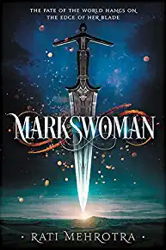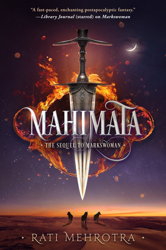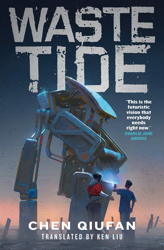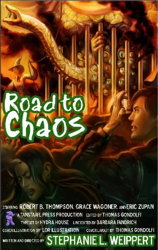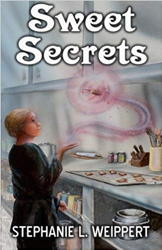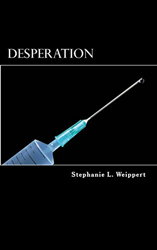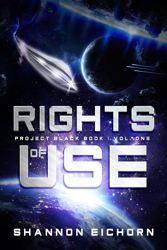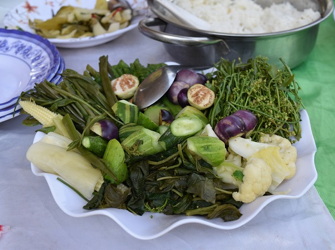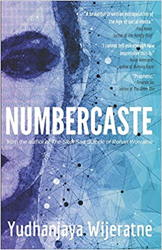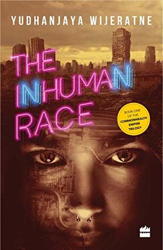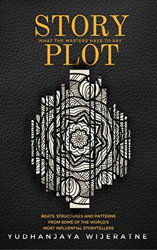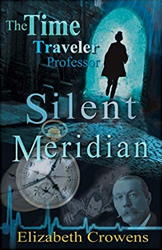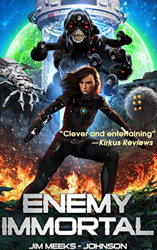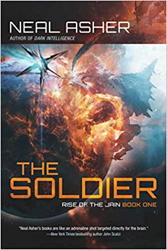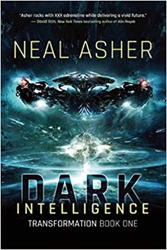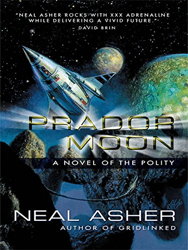
I’ve been running the EATING AUTHORS blog every Monday since June of 2011, there are well over 300 meals awaiting binge readers over on the Master List. I tend to send out invitations in waves, typically after returning home from a convention, and authors being authors some people respond eagerly, others express interest and desire but request I contact them again in a few months because they’re under deadline, and some never reply. These are all valid responses, especially the “I’m too busy just now” answer. I’m usually in similar straits. But apparently, on at least one occasion, I was so busy that an author responded with a meal and I forgot that she’d done so. And so it sat in my mailbox for some 17 months before I stumbled across it.
Which is how this week’s guest, Rati Mehrotra, comes to be here today, after accepting my most heartfelt apologies.
Born in India, Rati has traveled the world working a DayJob in Environmental Policy. She settled in Toronto, Canada, where her love of mythology ultimately led her to write about a group of women worshipping Kali in a post-apocalyptic world. You know, that old trope.

LMS: Welcome, Rati. What stands out as your most memorable meal?
RM: Ooo, what a delicious question. Food is very important to me. It’s also an important part of worldbuilding when I write, which is why you will find mention of several dishes in my novel Markswoman.
I cook every day for my family, and each winter I return to India to sample both street food and my grandmother’s cooking. Okay, that’s not the only reason I visit India, but sampling local cuisine is definitely a big part of holidaying anywhere. I can remember so many delightful trips through the food I have enjoyed there: pizza in Rome, rosti in Zurich, fish and chips in London, dimsum in Beijing, curry in New York’s Jackson Heights, caviar in Stockholm, mofongo in Puerto Rico, golgappas in Delhi. And of course, the famed Mughlai cuisine of my hometown, Lucknow. And I happen to live in Toronto, which is no pushover in the food department.
But my most memorable meal was one that I cooked myself, many years ago. At the time, I was working at IUCN in Switzerland, and I had called my friends over to make samosas. I loved cooking with friends, sharing my recipes and learning new ones. Samosas seemed ideal: such an ancient dish, and well-liked by everyone.
We were a group of eight, and everyone was hungry and eager to begin. They arrived at around 6 pm, and after some chitchat we got down to it.
Now, making samosas is not easy, unless you are experienced at it. I knew this, intellectually speaking, but I had never actually made them before. Haha, I thought, many hands make light work. And I allocated the tasks, full of anticipation. Danielle, who was an excellent bread-maker, kneaded the dough. Patricia peeled the potatoes, Margo chopped coriander, and I prepared the filling. Another friend rolled small balls of dough into flat rounds, and we all filled them with the potato mixture – very fiddly work, trying to close the edges and give them a somewhat samosa-like shape.
All this took about a minute to write, but around two hours of real time to accomplish. I was astonished to look up at the clock and see that it was over 8 pm. But the prep was done; sixteen small samosas stood ready. All that was needed was to fry them. That wouldn’t take too long, would it?
Now, here’s the thing: samosas have to be deep fried on a low flame, otherwise they’ll just puff up with air and look really funny. Also, they won’t cook well through to the center.
I had a wok for frying, but not a very large one. I could do it in batches of four or five. And so I stood there in the kitchen, surrounded by my hungry friends, and slowly deep fried the samosas in four batches. Once they were done, we had to let them cool slightly.
At around 10.30 pm, we finally got to eat two samosas each. They were so delicious. Crispy, flaky, golden-brown samosas that melted in my mouth. They must be the tastiest (definitely the most hard-won) samosas I have ever eaten. And they were gone in seconds.
We all stared at each other. I could practically hear stomachs grumbling. Danielle ventured, “I hope there’s something else to eat?”
And so I got up and made lentils and rice to feed us all. My friends left at midnight, late, but happily full.
That is the last time I have ever made samosas. I love eating them, and I know some pretty good places to buy them in Toronto. But I’m not attempting to make them from scratch again!

Thanks, Rati. That sounds like a great evening with friends (though I can appreciate why once is enough). Sounds like I need to add samosas to my dinner plans the next time I’m in Toronto.
Next Monday: Another author and another meal!
Want to never miss an installment of EATING AUTHORS?
Click this link and sign up for a weekly email to bring you here as soon as they post.
#SFWApro
